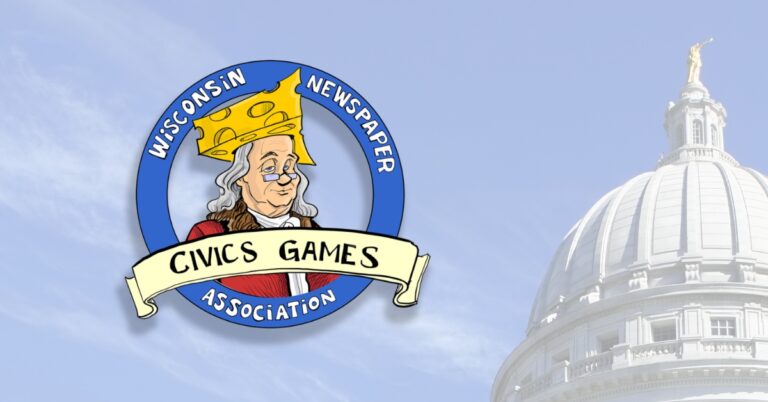Freedom of speech is one of the cornerstones of the American dream. Our ability to express our thoughts and opinions freely, though not a privilege given solely to U.S. citizens, has nevertheless been a great source of patriotism for Americans in generations past. In addition to guaranteeing freedom of the press, religious liberty, and the right to protest, the First Amendment also defines freedom of speech within its legislative context. Though this neatly defines the legal parameters for Congress, it leaves much room for interpretation as to what is and isn’t protected by one of the fundamental building blocks of the world’s largest democracy.
The foremost function of the First Amendment is to defend the civilian’s right to oppose the government and its actions. This correlates with the legislative limits; the Bill of Rights states, “Congress shall make no law respecting an establishment of religion, or prohibiting the free exercise thereof; or abridging the freedom of speech, or of the press.” The government doesn’t have the ability to limit the freedom of speech of its constituents by itself; therefore, free speech is limited only when the rights of another individual have been infringed upon, or when other laws are being broken. Yelling “fire” in a crowded theatre would endanger the lives of those in the crowd and would not be protected in a court of law. A public speaker inciting a crowd to violence and insurgence would be another prime example. As a generality, if the speaker harms or threatens the liberties of another person, they are not under the protection of the First Amendment.
- RELATED: View full list of editorial contest winners
- RELATED: Watch virtual awards ceremony replay
- RELATED: Learn more about the Wisconsin Civics Games
The newest and scariest challenge that free speech has faced, however, is the battle against misinformation. We have the capabilities to reach millions of people with the click of a mouse, which adds a profound weight to what we express on the internet. The increased accessibility to information creates a platform for any source to share messages, values, ideas, statistics, and more. While this does wonders for humanity’s ability to process and communicate, it creates a conflict of objectivity. The lines between opinions, facts and outside motivations are blurred within the depths of the web. With access to the internet increasingly available, every person, company, organization, etc., has their own opinions and ‘facts’ on display for any impressionable mind to stumble upon.
The oversaturation of the media has dangerous implications for the future of our democracy. The signs have been especially prominent over the past year; from pseudoscientific research being conducted for political agendas to fallacious claims of voter fraud. One thing is entirely clear; we are speeding toward a breaking point in the plasticity of the First Amendment. Finding the correct balance between liberated thinking and the suppression of misinformation will most certainly be one of the defining struggles of the coming generations.


